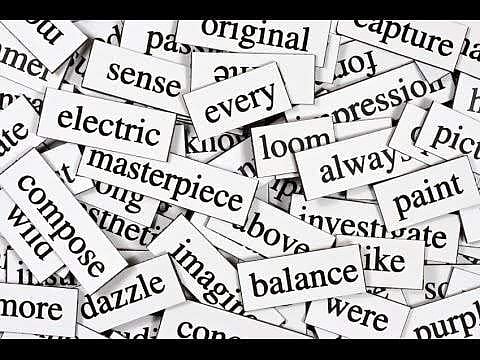

A word in English may have different meanings. For example, the word ‘business’ has over ten different meanings. So, based on the context in which a word is used, one should understand the meaning of the word.
A synonym is a word having nearly the same meaning as another word or a phrase, but in many cases, a synonym of a word cannot be used in the place of another word in a sentence. This week’s column responds to readers’ queries on usage and grammar.
1. Do the words ‘decline’ and ‘deteriorate’ mean the same? Can they be used interchangeably? Yes, in the context of a person’s health worsening, we can use these words interchangeably because they mean the same. The word ‘deteriorate’ means ‘to become progressively worse’.
Look at the examples below:
DMK chief Karunanidhi’s health condition deteriorates further.
The relations between India and Pakistan have deteriorated.
Some of the synonyms of the word ‘deteriorate’ are: worsen, get worse, decline, degenerate and fall. Here are examples of sentences with these words:
Karunanidhi’s health declines.
The hospital confirms ‘slight decline’ in Karunanidhi’s health.
Dravida Munnetra Kazhagam (DMK) chief, M Karunanidhi’s health worsens.
When did his health start degenerating?
2. What is the difference in meaning between ‘need to’ and ‘have to’?
There is a slight difference in meaning. The phrase ‘need to’ is used to talk about things that are necessary to do whereas ‘have to’ is used to talk about obligations.
Look at the example below:
Recently, Indian actress Priyanka Chopra said, “I do not need to defend or explain my relationships to anyone.”
In the sentence above, if the phrase ‘need to’ is replaced with ‘have to’ there is a slight change in the meaning. If Priyanka wants to convey the meaning that she is not legally or morally bound to explain her relationships to others, she can use the phrase ‘have to’.
Can ‘have to’ and ‘must’ be used interchangeably? Both ‘have to’ and ‘must’ are used to talk about obligations. The phrase ‘have to’ is used to talk about obligations that come from an external source whereas the word ‘must’ is used to express one’s personal view of what is important to do.
Look at these examples:
I must complete my assignment by noon.
We must attend the birthday party.
I have to report for duty at 8 o’clock.
We have to pay the tax before
August 15.
The first two examples above reflect the personal views of the persons who have made the statements, but the last two examples are about the rules made by someone or an organisation which those who have made the statements are expected to follow. All the four statements talk about different obligations. The negative form ‘don’t have to’ is used to talk about things we are not obliged to do.
You don’t have to attend classes this afternoon.
We don’t have to meet the
Principal.
3. Should the verb that follows the expressions ‘a number of’ and ‘the number of’ be singular or plural?
The expression ‘a number of’ is followed by a plural verb while the expression ‘the number of’ is followed by a singular verb. Look at the examples:
A number of objections have been raised.
The number of participants in the conference is fifty.
In the first example, the focus is the noun ‘objections’ which is plural while in the second example, the focus is on ‘the number’ which is singular.
4. Which is the correct expression ‘to make the headlines’ or ‘to hit the headlines’? Both the expressions are correct. The meaning is to become popular by being reported in the news. The expression ‘to grab the headlines’ is also used. Here are examples:
Narendra Modi and Melania Trump have hit headlines with their fashion choices.
